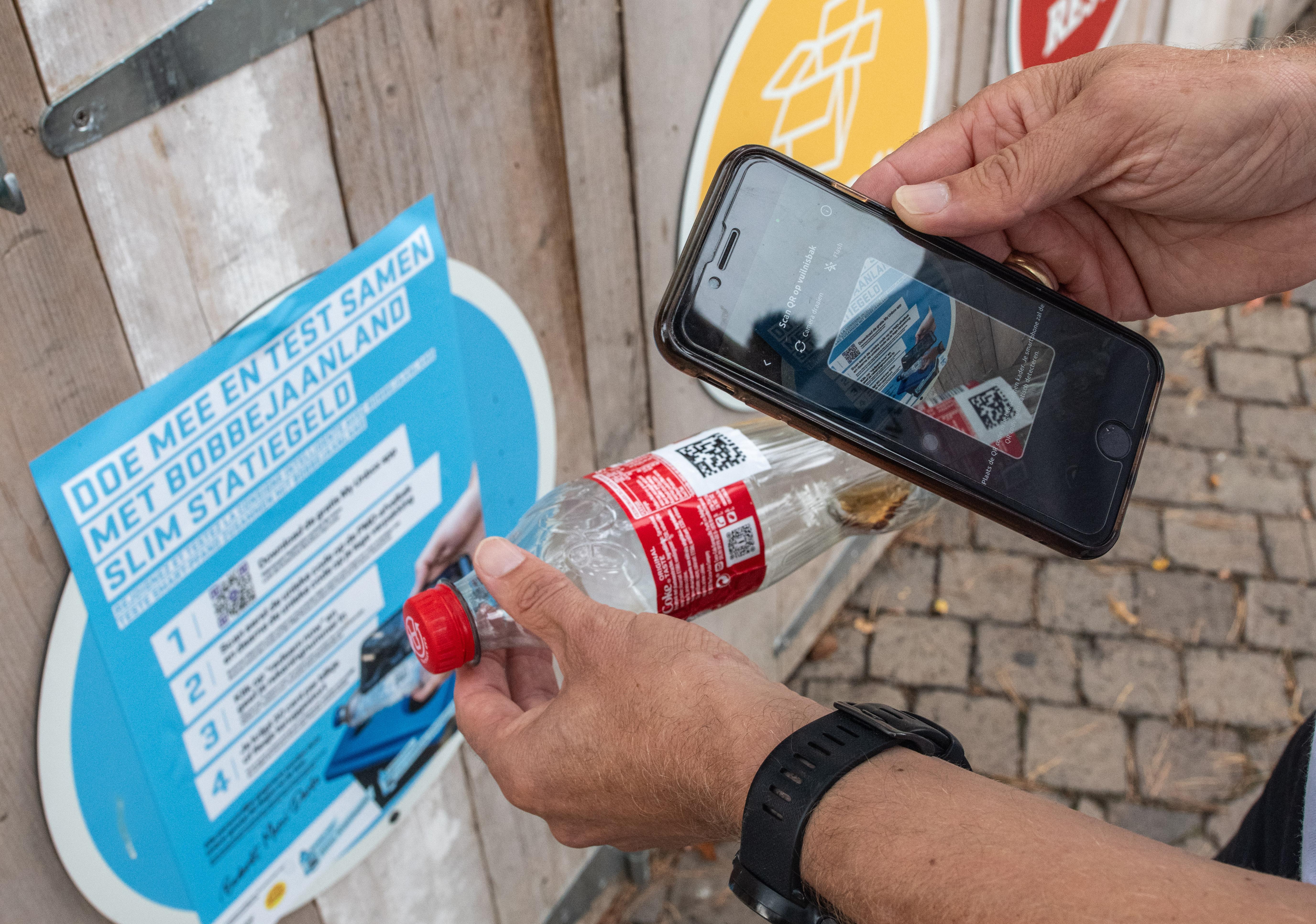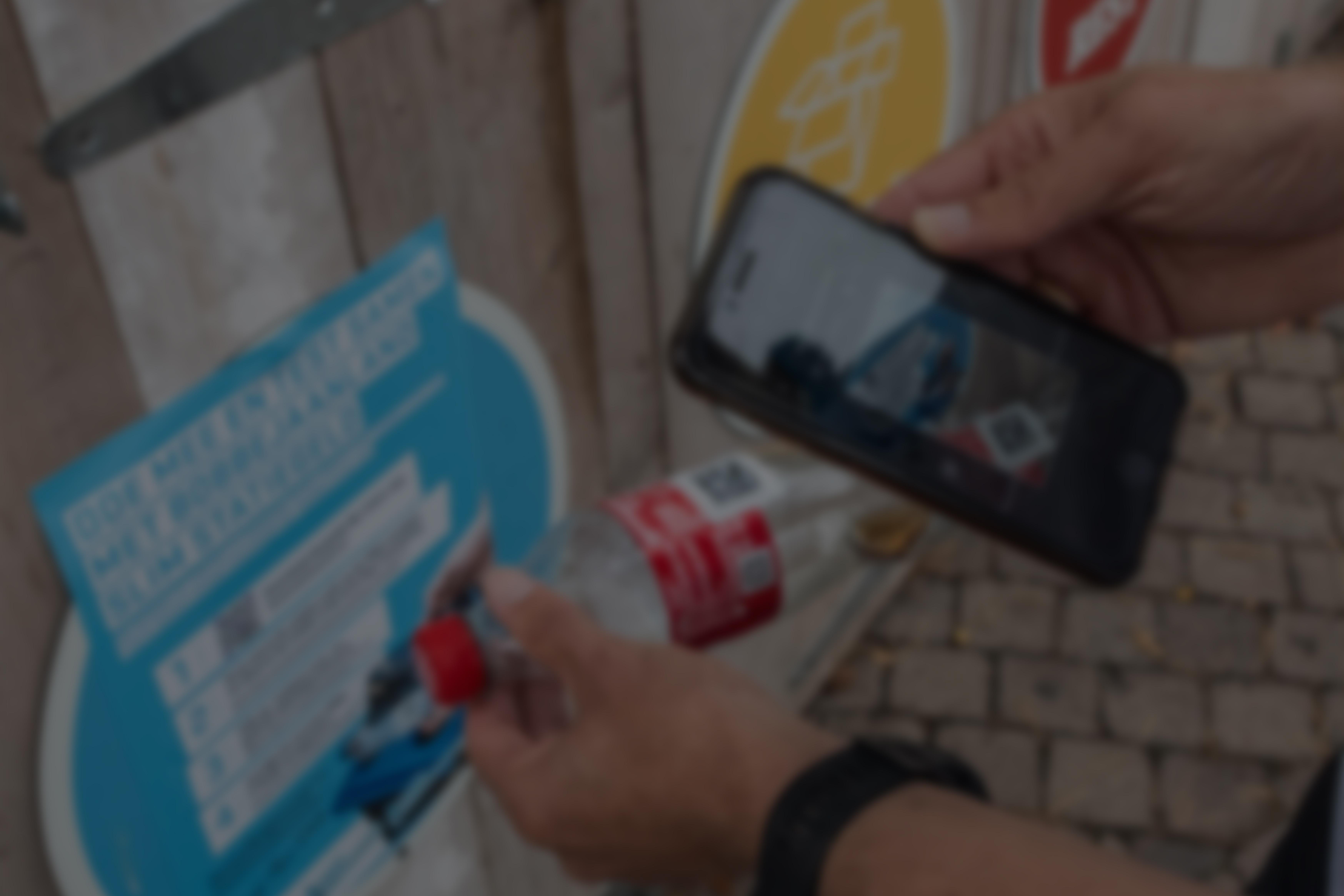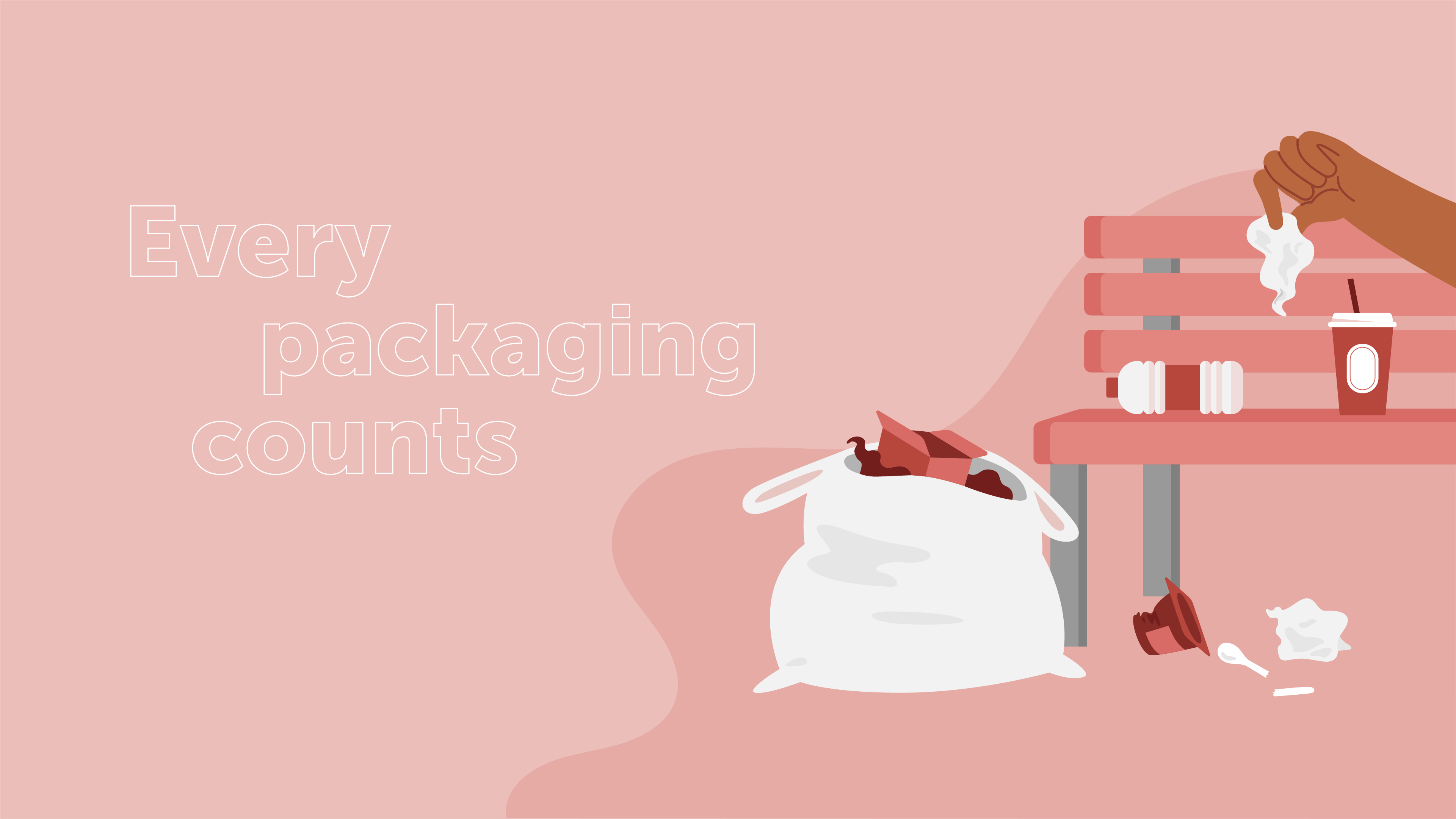
The fight against litter
How can we reduce litter? This is a big question and something everyone cares about. We all believe that things can and must be done better. The new legislative framework provides a unique opportunity for companies to play an active part in combating litter. Fost Plus made a start on this in 2023, with a series of projects to test our vision in practice.
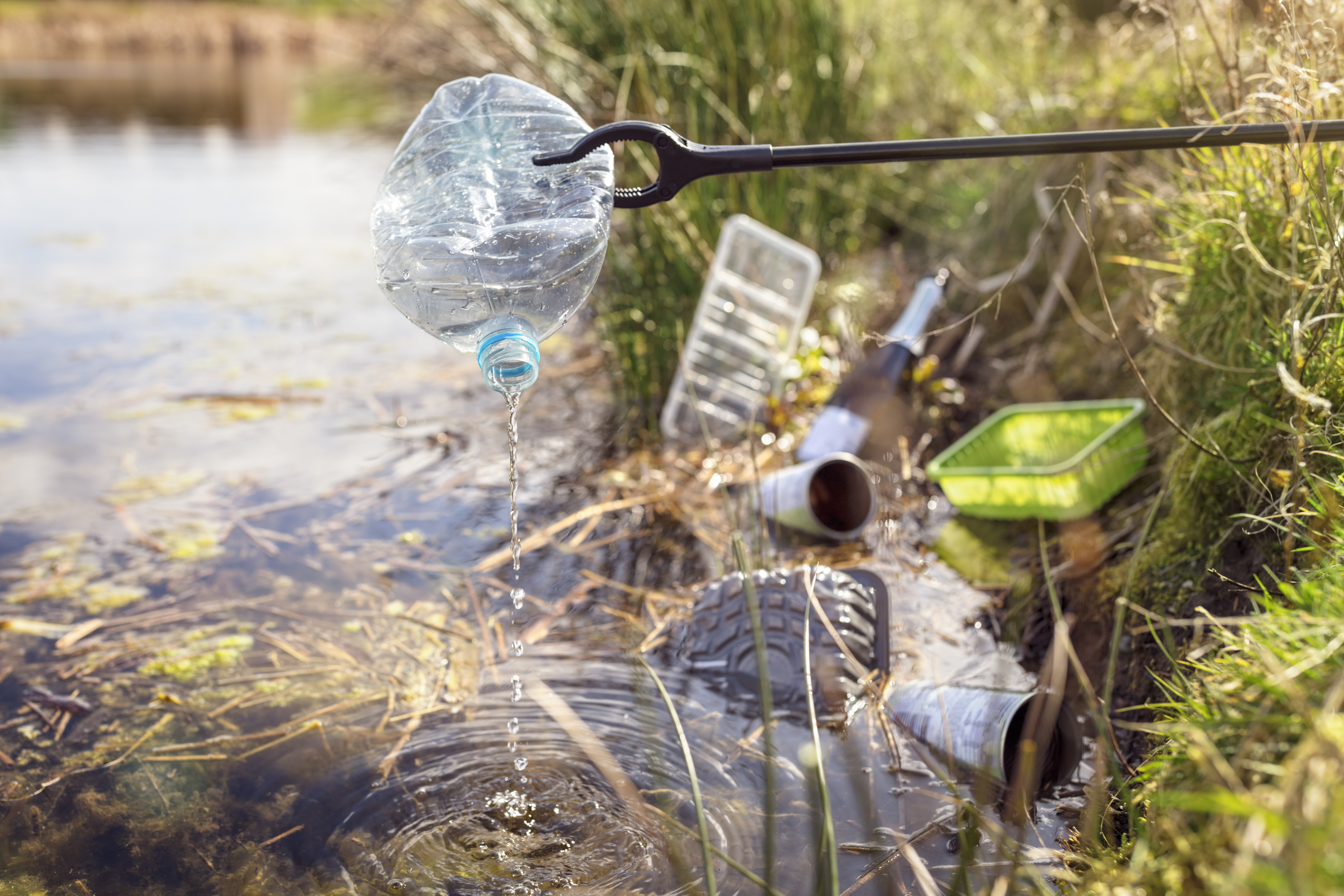
Cooperation on the front line
Not just a financial responsibility, but a role in society
Under the European Single-Use Plastics Directive, manufacturers are responsible for litter caused by their products, including their packaging. They are specifically required to contribute both to the costs of cleaning up litter and to raising awareness. Belgian businesses are viewing this extension of the responsibility for packaging as a unique opportunity to play a more active role in the fight against litter on the front line. So far, however, Belgium does not yet have a definitive legal framework for this new responsibility.
Nevertheless, we have already starting taking action over the past year. To test our cooperation model in practice, we launched a series of pilot projects last year involving two intermunicipal companies (Ivago in Ghent and Tibi in Charleroi), two Flemish municipalities (Erpe-Mere and Aalter) and four municipalities in Idelux’s catchment area (Bouillon, Hotton, Malmédy and Tintigny). Starting out from concrete needs, we developed a series of actions across a range of areas, from measuring and reporting litter to a smart approach to hot spots and the deployment of camera systems and artificial intelligence.
Despite the limited scale and short duration of the pilot projects, it is already clear that our approach does add value for local authorities and intermunicipal companies. Working closely together on the front line and sharing expertise means that we can help them to achieve concrete, tangible results and offer the public what they are really looking for, through efficient and responsible use of available resources and people. Pending final approval of the legal framework, the pilot projects have been extended until the summer of 2024.
Together for a Smart Deposit Scheme
Could Belgium become a pioneer in the fight against litter?
A political decision was made in late 2022 to introduce a deposit system to combat litter. In this country, however, a traditional deposit return system would not offer much added value. In fact it would reduce the convenience and high recycling rates we achieve with door-to-door blue bag collections.
The federations Fevia and Comeos, Fost Plus and some of the companies involved have joined forces in the alliance ‘Together for a smart deposit scheme’. They have developed an alternative form of deposit that complements existing habits around waste sorting, with the emphasis on ease of use for individuals. Smart, digital deposits allow us to combine the advantages of the blue bag with an efficient, user-friendly solution for bottles and cans consumed out of home. So what does it look like? Each bottle and can is given its own unique code. To get the deposit back after use, consumers simply scan the code using their smartphone or a home scanner. This can be done at home when putting packaging in the PMD bag, or outside the home when putting packaging in the correct litter bin.
This offers two main advantages. Firstly, consumers do not have to take their used packaging back to the shop. This makes it easier for everyone to participate in the system, including people who are less mobile. Creating double-use bins in public spaces allows us to create an infrastructure that is available 24/7 and not tied to shop opening hours. In this way we can provide a solution for litter that is available when and where the product is consumed, at the exact point where litter is generated.
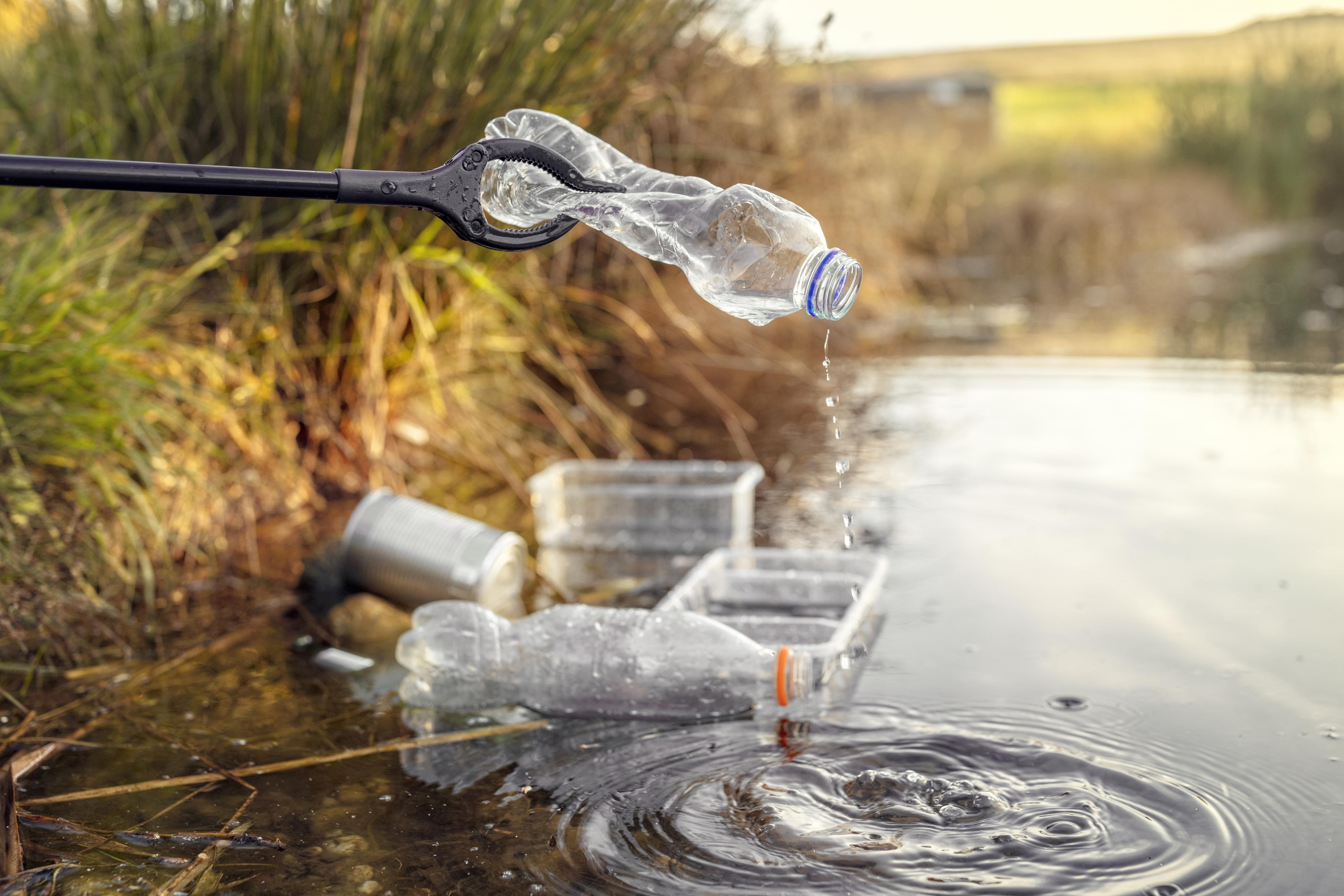
An innovative concept always has to be tested in practice. In 2023 we therefore organised a series of pilot projects to test the smart deposit system in a variety of settings, including the Corda Campus in Hasselt, KBC’s offices in Leuven, Bobbejaanland, Center Parcs in De Haan and a number of streets and a supermarket in Wenduine. At Center Parcs in De Haan, we also tested the use of home scanners, which are intended as a solution for people who do not have a smartphone. At the same time, we also organised a number of focus groups including people with disabilities or long-term illnesses and young people from socially disadvantaged backgrounds.
The pilot projects showed that the smart deposit is not science fiction, it is a perfectly feasible approach. It also has a lot of potential for other applications, such as systems for returning reusable packaging, or obligations to take back other products. The results from the pilot projects have now been submitted to the relevant authorities and we look forward to taking our next steps with this pioneering project.


